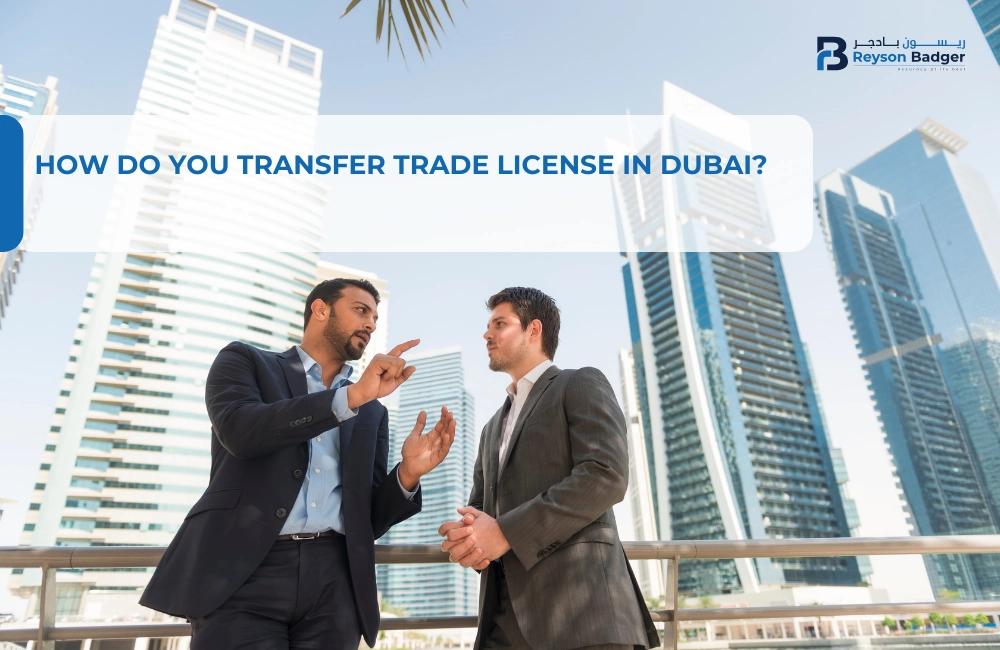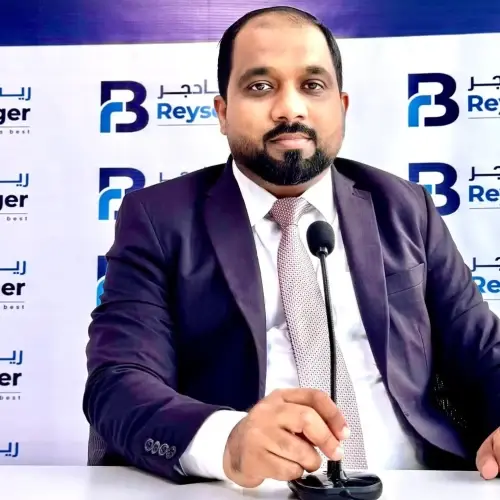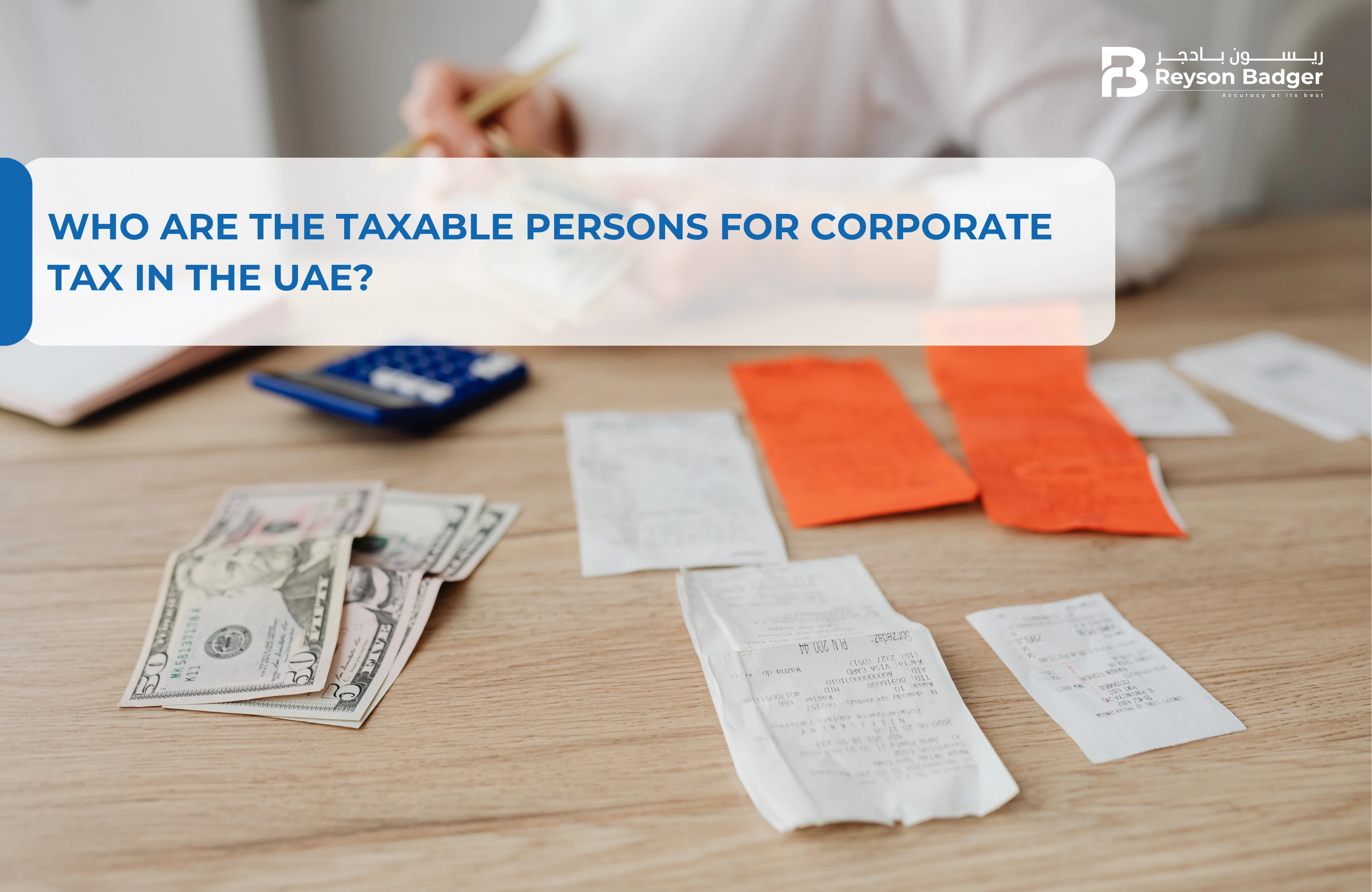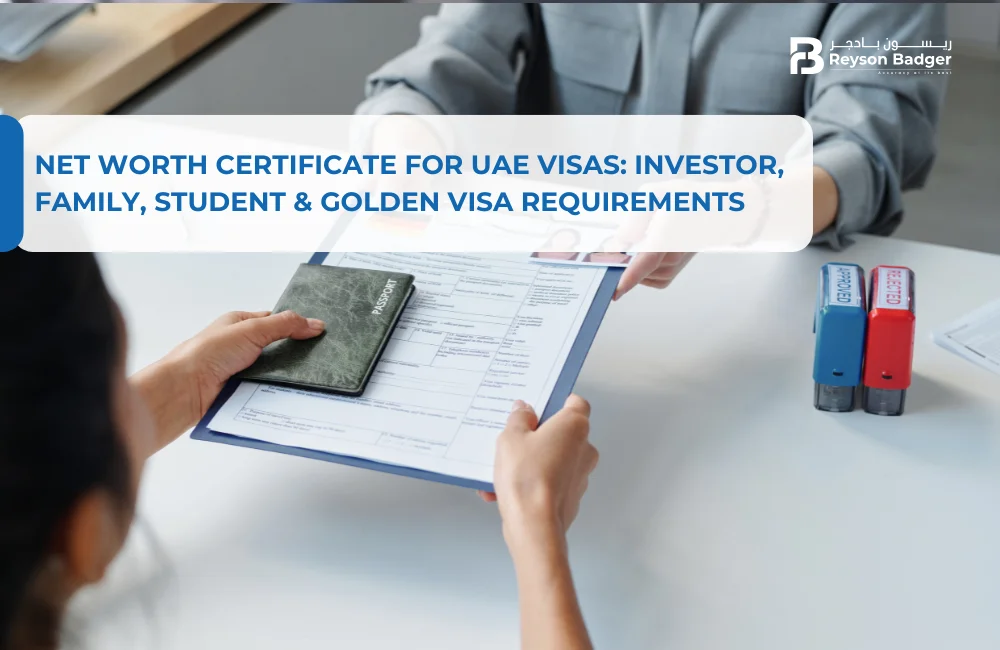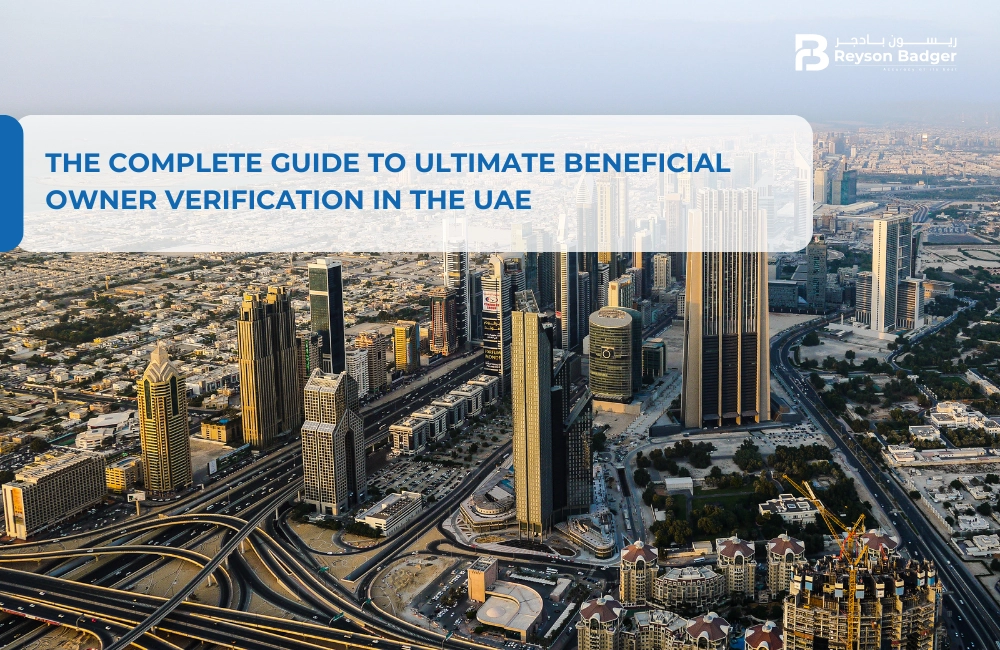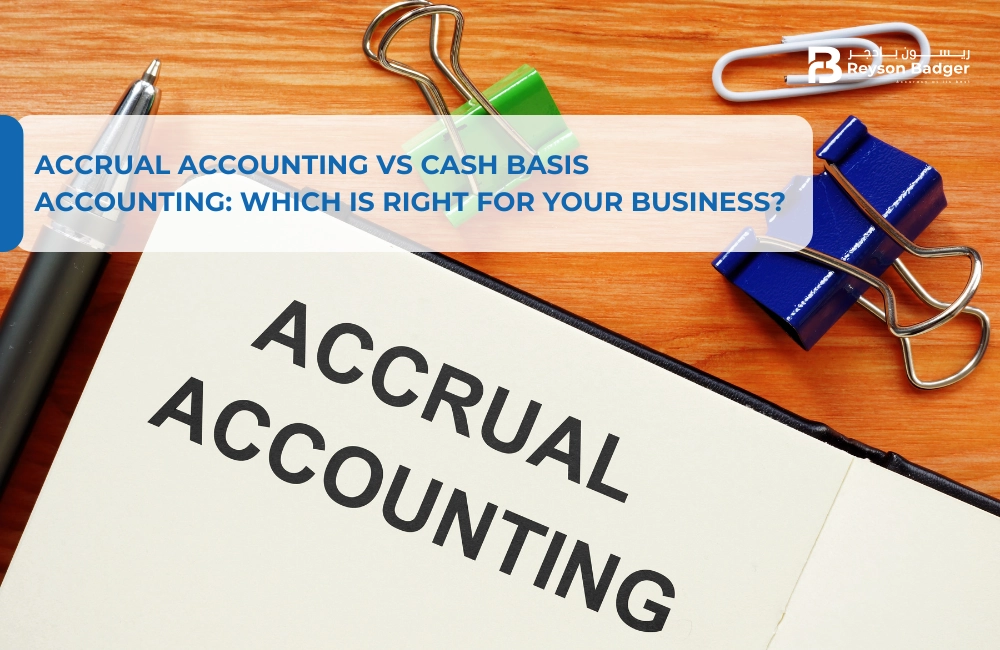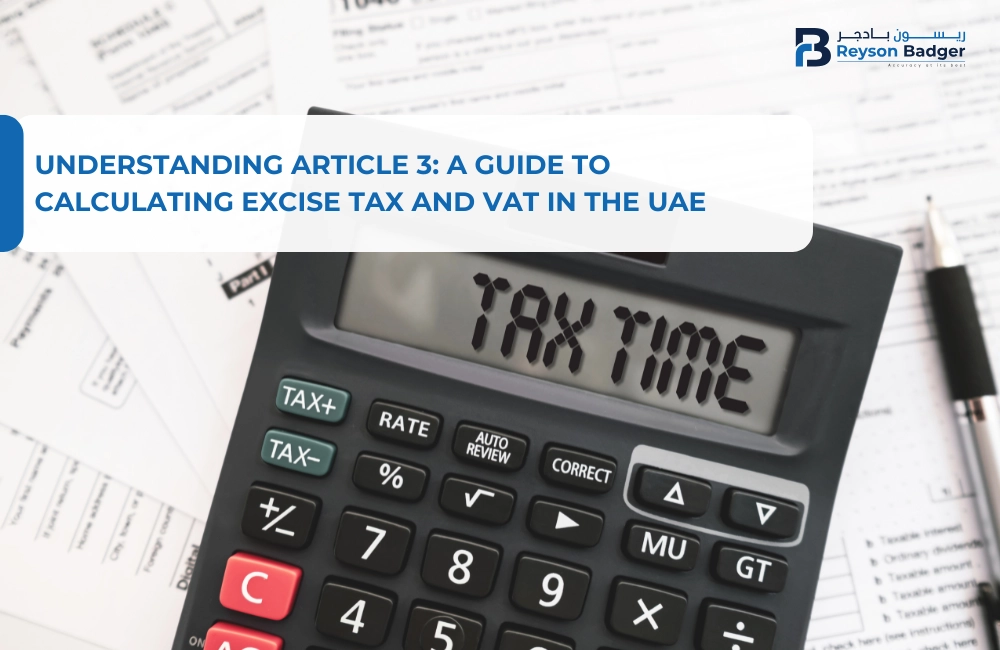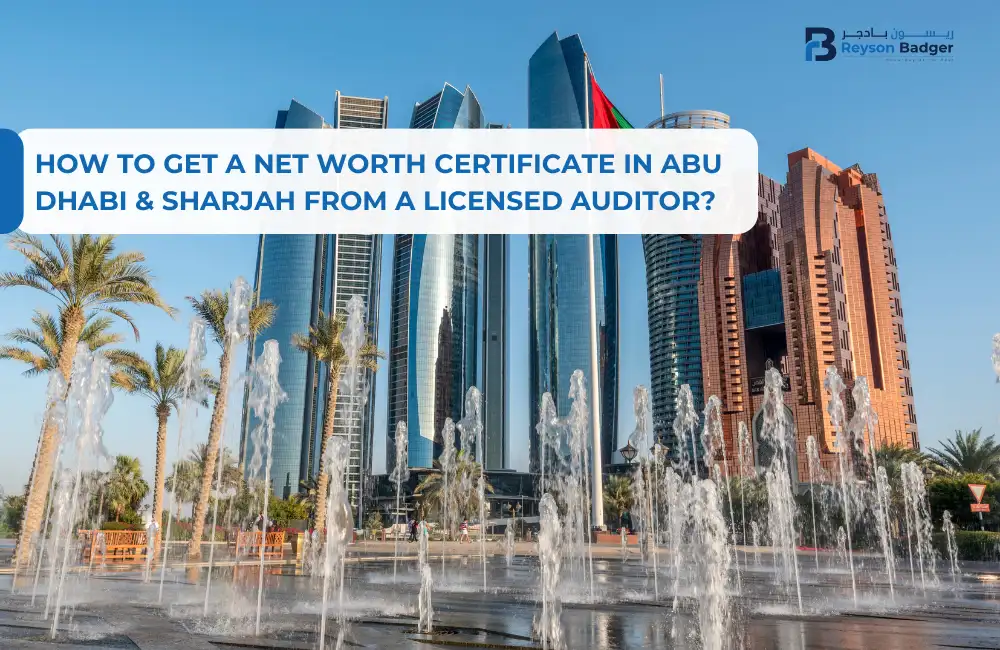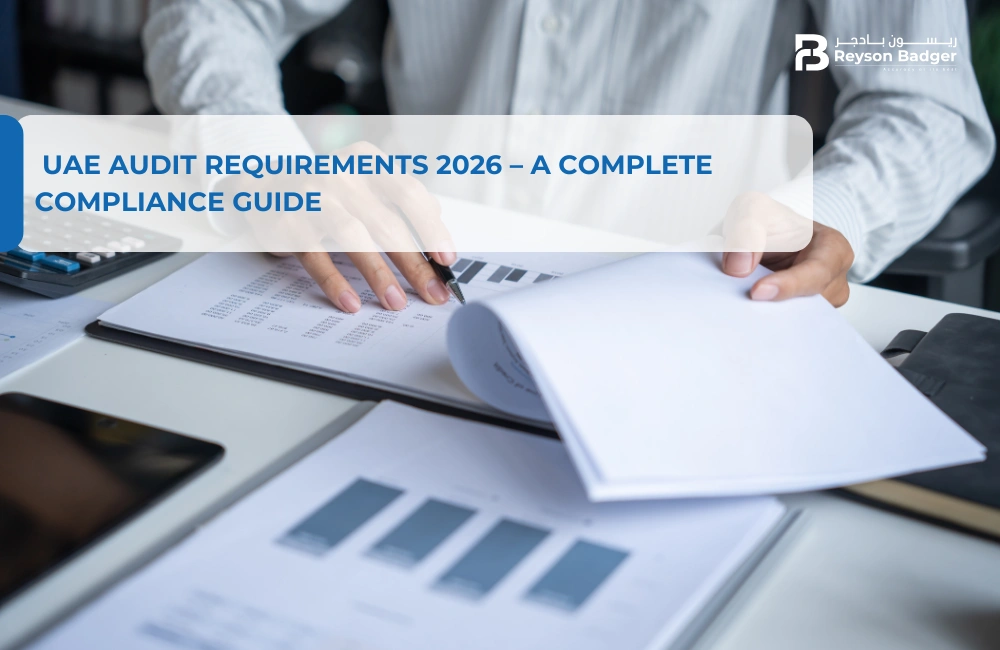Establishing a business in Dubai often begins with obtaining a trade license, a crucial legal document that permits you to conduct your specific commercial activities within the emirate. But what happens when circumstances change? Whether you're looking at business acquisition, expansion, relocation, or changes in ownership, understanding the process of trade license transfer in the UAE is essential. This guide will walk you through the key aspects of transferring a trade license in Dubai.
What is a Trade License in Dubai?
A trade license in Dubai is an official permit issued by the Department of Economy and Tourism (DET) – formerly known as the DED – that authorizes a business to carry out specific commercial or professional activities within the emirate. It clearly defines the nature of the business and ensures it operates legally within Dubai's regulatory framework.
Why Transfer a Trade License?
- Business Acquisition: When one business entity takes over another, the existing trade license often needs to be transferred to the new ownership.
- Expansion: If your business is expanding and undergoing significant structural changes, transferring the license might be necessary to reflect the new operational framework.
- Relocation to a Free Zone: Moving your business operations from mainland Dubai to a specific free zone requires a new license within that zone, often necessitating the transfer or cancellation of the existing mainland license.
- Ownership Changes: When there are changes in the shareholders or partners of a business, the trade license needs to be updated to reflect the new ownership structure.
What are the Common Documents Required for a Trade License Transfer?
While specific requirements can vary, common documents needed for a trade license transfer in Dubai typically include:
- Copies of the current trade license.
- Passport documents and Emirates IDs for present and new owners/partners.
- Memorandum of Association (MOA) or relevant company formation documents (original and notarized).
- No Objection Certificate (NOC) from the appropriate authorities (if any).
- Tenancy contract for the business premises (current and potentially new).
- Board resolution or power of attorney (if applicable).
- Application form for trade license transfer.
- Other documents as requested by the DET.
It's highly recommended to consult with trade licence transfer services in the UAE to ensure you have all the necessary documentation.
How to Transfer a Trade License in Dubai?
The process of transferring a trade license in Dubai involves several steps that require careful attention to detail and adherence to regulatory procedures.
Check and verify carefully:
Seller (Current Owner) Must Ensure:
- Eligibility for Transfer: The existing license is transferable under DET/Free Zone rules (e.g., no immediate expiry, no critical violations hindering transfer).
- Clearance of Obligations: All outstanding payments, fines, or legal issues with the DET and other relevant authorities are resolved.
- Valid Documentation: All company documents required for the transfer process are current and accurate.
- Consent and Authority: If the business has multiple partners, ensure all necessary consents and approvals for the transfer are obtained.
Buyer (New Owner) Must Meet:
- Licensing Eligibility: Fulfill the criteria to hold a trade license in Dubai (e.g., nationality/ownership structure as per regulations, residency if required).
- Business Management Capacity: Demonstrate the necessary qualifications, experience, and financial resources to operate the business successfully.
- Clean Record: Has no prior history of significant violations or legal issues that could prevent license ownership in Dubai.
- Compliance Readiness: Be prepared to comply with all ongoing regulations and requirements of the DET/Free Zone after the transfer.
Obtain Approval from the DED
The first official step is to file an application to the Dubai Department of Economy and Tourism (DET) for initial approval of the ownership transition. This will involve submitting the required documents and paying the initial fees.
Inform the DED
The present license holder must inform the Department of Economic Development (DED) of the ownership transfer by submitting:
- A formal letter stating the intention to transfer ownership
Supporting documents, including:
- Copy of the new owner's Emirates ID
- Copy of the new owner's passport
- New owner's contact details
Obtain No Objection Certificates (NOCs)
Depending on the nature of the business and the authorities involved, obtaining No Objection Certificates (NOCs) from relevant government entities might be necessary.
Get Necessary Approvals:
Obtain required approvals from relevant authorities, such as:
- Dubai Health Authority (DHA) for healthcare businesses
- The Knowledge and Human Development Authority (KHDA) for educational establishments
- Other relevant authorities, depending on your business activity
Draft Memorandum of Understanding (MoU):
Create an MoU outlining the terms of the ownership transfer, including:
- Conditions of transfer
- Responsibilities of both parties
- Other relevant details
The MoU should be:
- Signed by both current and new owners
- Notarized for legal validity
Ensure all necessary approvals and documents are in place before proceeding with the transfer.
DED Approvals
The current and new owners must visit the DED service center together, submitting:
- Memorandum of Understanding (MoU)
- No Objection Certificate (NOC), if required
- Other necessary documents
The DED will review and process the ownership transfer upon verifying all requirements.
Pay the Transfer Fee
Upon receiving the necessary approvals, the applicable trade license transfer fees must be paid to the DET.
Obtain the New Trade License
Once all the requirements are met and the fees are paid, the DET will issue a new trade license under the new ownership.
What Should be Considered While Transferring the Trade License?
Navigating the trade license transfer in the UAE requires careful consideration of several factors:
- Legal Compliance: It is crucial to ensure that all steps adhere to the latest regulations and legal requirements set forth by the Dubai government to avoid delays and penalties.
- Professional Assistance: Engaging trade licence transfer services in the UAE can significantly streamline the process, providing expert guidance and handling the complexities involved.
- Free Zone vs. Mainland Regulations: The specific procedures and requirements for transferring a trade license can differ between businesses operating in Dubai's mainland and those within its various free zones.
Here are the key differences in trade license transfer regulations between the Dubai Mainland and Free Zones:
| Feature | Mainland | Free Zone |
| Regulatory Authority | DET governs all transfers | Each Free Zone Authority (e.g., DMCC, JAFZA) has its own transfer rules |
| Ownership | Now allows 100% foreign ownership for many activities; historically, local sponsors were needed. New owner eligibility may have requirements. | Generally, 100% foreign ownership. Transfer ownership implications differ from the mainland. |
| Transfer Process & Docs | DET procedures apply. Requires DET application, potential NOCs from mainland entities (e.g., DEWA, Municipality), Sale Agreement, original license, IDs, tenancy contract, MOA, clearances. | Each Free Zone has unique processes & documents. May involve internal NOC, shareholder resolutions, and updated incorporation papers. Transfer between zones is often deregister/reregister. |
| Tenancy Contracts | Must comply with Ejari under Dubai Municipality. | Follows Free Zone's specific rules for office spaces and lease agreements. Transfer linked to lease |
| Approvals & NOCs | May need approvals from various mainland departments (e.g., Municipality, DEWA, FTA). | Primarily dealt with the respective Free Zone Authority and entities within its ecosystem. |
Conclusion
Moving a business license in Dubai is a rigorous process that requires strict adherence to the requirements. Whether you're buying a business, growing, moving to a special economic zone, or changing who owns the company, knowing what to do and what papers you need is very important. To make sure everything goes easily and correctly, it's a good idea to get help from experts. Open your business in Dubai with our expert trade license services - check out this page to know more.
Ready to navigate your trade license transfer in Dubai with ease? Contact Reyson Badger for expert assistance and a seamless transition.
 The Federal Tax Authority (FTA) has announced that businesses must complete Corporate Tax registration within 90 days from the Date of Incorporation / MOA.
The Federal Tax Authority (FTA) has announced that businesses must complete Corporate Tax registration within 90 days from the Date of Incorporation / MOA.
